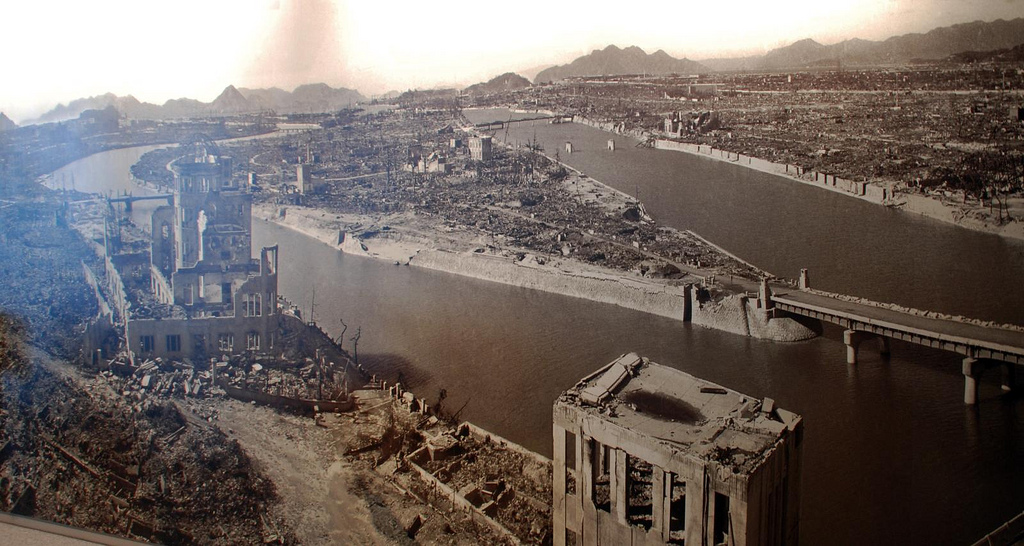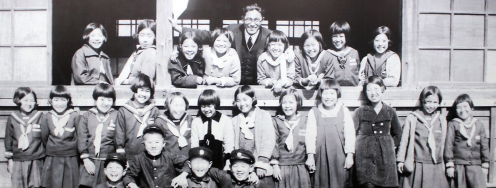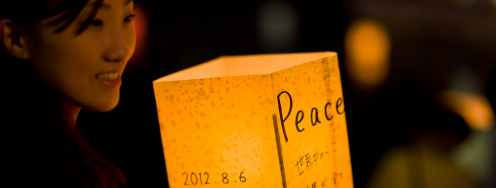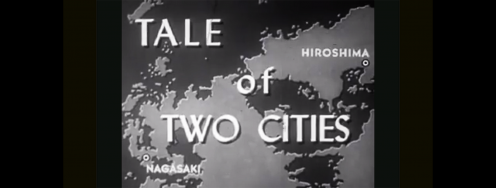Hiroshima – An Ominous Anniversary

69 years ago the world fundamentally changed. With a single bomb, an atom bomb, the entire city of Hiroshima was wiped out and and more than 100,000 people were killed. Nagasaki was similarly bombed three days later and again, a single bomb killed 50,000 people.
A new era had begun, one in which all humanity was just minutes from destruction.
The ensuing decades were defined by a Cold War arms race which produced tens of thousands of these devastating weapons. Living under the shadow of nuclear Armageddon has made a profound impact on the world. These weapons have cost taxpayers trillions of dollars, damaged human health, contaminated the environment and spread fear across the globe. More than once the world teetered on the verge of World War III, this time armed with nuclear weapons.
Fortunately, cooler heads prevailed. Hiroshima and Nagasaki are the only times these weapons have been used in conflict. But the threat remains. There are still 17,000 nuclear weapons in the world held by nine countries. The lessons and legacy of Hiroshima and Nagasaki must be remembered by new generations.
Over the next five days we will be commemorating the anniversary of the Hiroshima and Nagasaki bombings using Twitter (follow us here) to curate a series of tweets and information highlighting the risks, threats to health, the financial costs and arms control successes associated with nuclear weapons. The themes each day are:
- Aug 04 – On the Edge of Disaster – Accidents and Standing on the Brink of Nuclear War
- Aug 05 – Nuclear Weapons Testing and the Human Toll
- Aug 06 – Hiroshima Bombing: The Day the World Changed
- Aug 07 – Nuclear Weapons: The Cost to Taxpayers
- Aug 08 – Rolling Back the Tide: Arms Control Successes, Challenges that Remain
We encourage you to use the comments section below to share your thoughts and experiences living under the threat nuclear weapons (think “duck and cover” drills at school), the cost to taxpayers or even your recollections of the Hiroshima and Nagasaki bombings. Why do you oppose nuclear weapons? And what do you think we must do to create a world where we will never again feel threatened by their devastating force?
For more... see a first hand account of Hiroshima's aftermath from one of our supporters, Reid Dennis.



